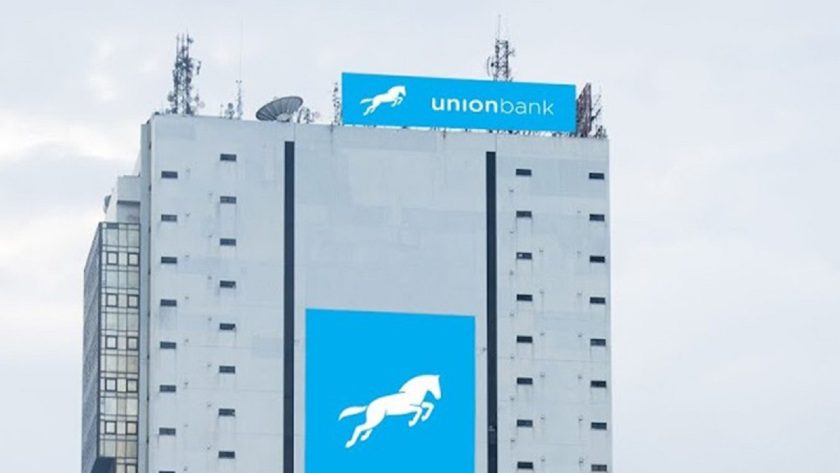Fitch Places Union Bank on Rating Watch Negative
Fitch Ratings has placed Union Bank of Nigeria PLC’s (UBN) Issuer Default Ratings (IDRs), Viability Rating (VR) and National Ratings on Rating Watch Negative (RWN).
According to the global rating agency, the decision follows the Central Bank of Nigeria’s (CBN) announcement that it had dissolved the board and management of three Nigerian banks, including UBN.
The apex bank wielded its big stick on the three banks as a result of regulatory non-compliance, corporate governance failure, disregarding the conditions under which banking licenses were granted and involvement in activities that pose a threat to financial stability, among other infractions.
The CBN has since appointed new executives, including chief executive officers, to oversee the affairs of the banks, Fitch Ratings noted. The rating agency explained that Union Bank of Nigeria RWN reflects the uncertainty surrounding the background to the CBN’s intervention, the potential for further regulatory actions and the negative implications for the bank’s standalone credit profile.
This is particularly concerning Union Bank of Nigeria’s corporate governance risks and liquidity pressures arising from potential funding instability. Fitch expects to resolve the RWN within six months once there is more certainty regarding the CBN’s intervention and the implications for UBN’s standalone credit profile.
It said a downgrade (and potential resolution of the RWN) could result from further regulatory intervention, e.g. imposition of restrictive measures on UBN’s activities, fines or other regulatory findings (such as weaker asset quality than initially reported by UBN), that would lead to large losses and erosion of the bank’s capital.
The downgrade could also result from UBN’s funding instability, i.e. due to a deposit run or where additional liquidity sources become unavailable to the bank. Naira Rises by 19% as Forex Market Pressures Ease
The ratings could be affirmed and removed from RWN if UBN continues to operate as normal under the new management in the medium term and there are no additional regulatory interventions or financial profile implications from the management replacement.

